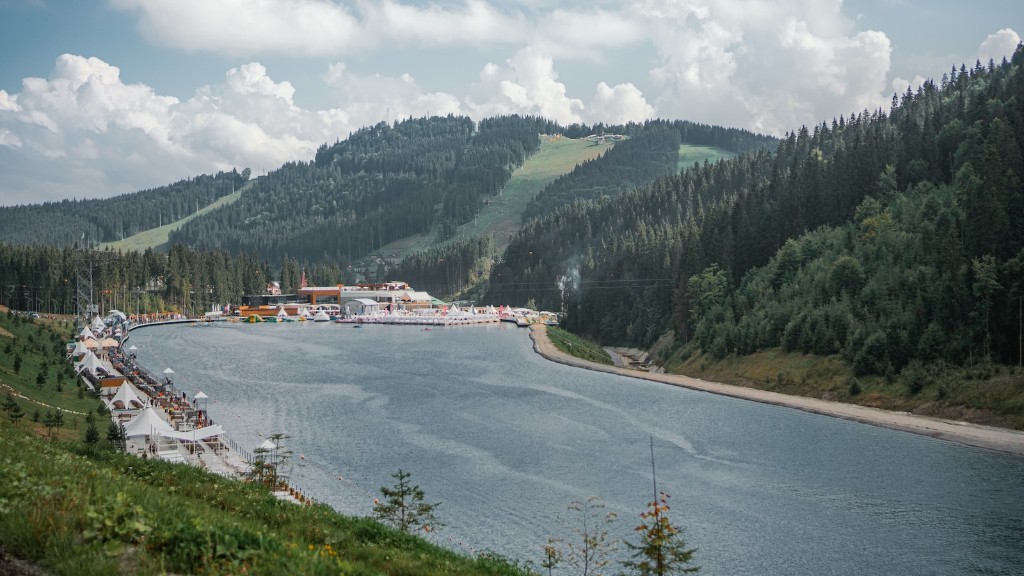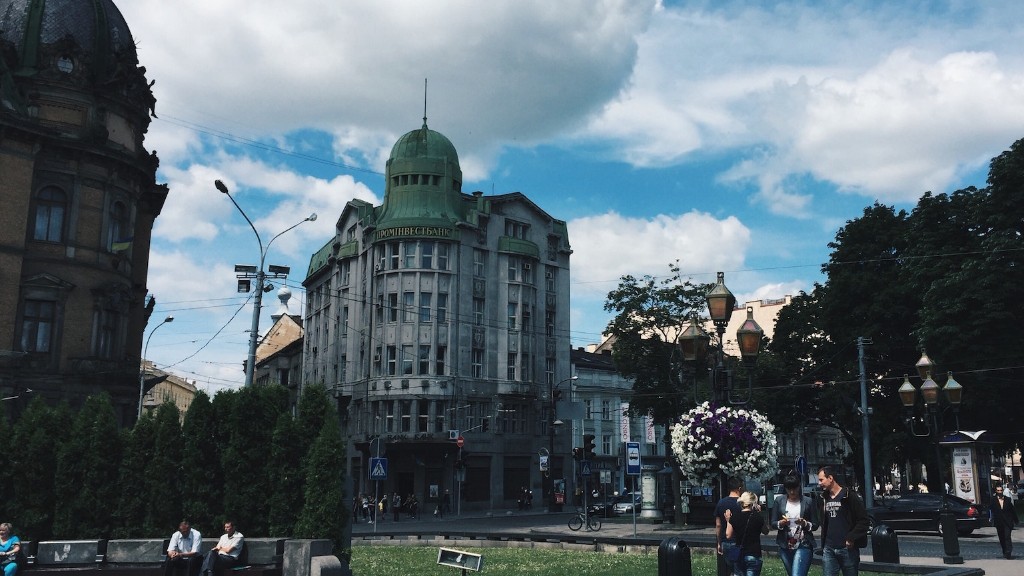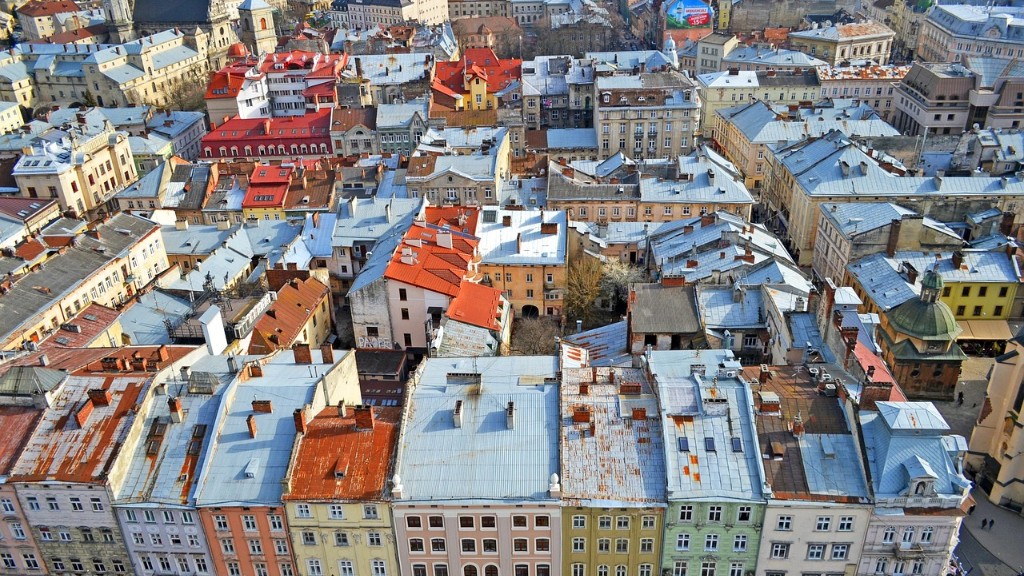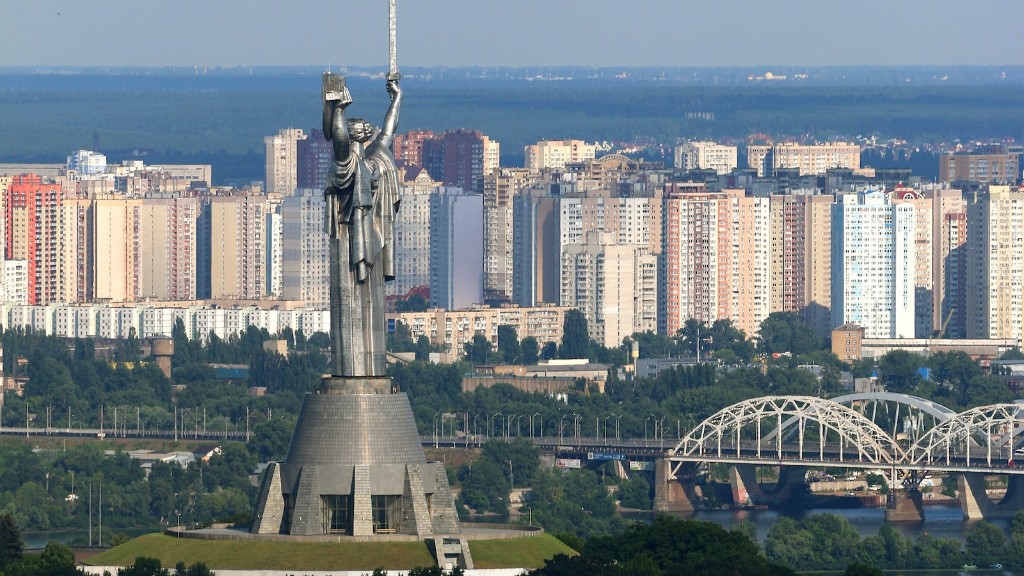Ukraine Invaded Multiple Times: The Historical Record
Ukraine has been subject to numerous invasions, both from the West and the East, throughout its long and often tumultuous history. In the modern era alone, Ukraine has suffered several incursions and illegal occupations, most notably from Russia in 2014. This article will explore the historical record and explain the scale of the recurring invasions of this resource-rich country.
To understand the frequency of invasions in Ukraine, it is crucial to look at a timeline of Ukrainian history. The country has a rich tradition of cultures and peoples. The original settlers who occupied the territory of Ukraine included the Proto-Slavs, the Sarmatians, the Byzantines, and the Goths, to name a few. Throughout its history, it has been conquered by numerous empires, including the Golden Horde, the Polish-Lithuanian Commonwealth, the Austro-Hungarian Empire, the Soviet Union, and the Russian Empire. These invasions often had far-reaching consequences for the population of Ukraine, both in terms of territorial loss and in terms of cultural and societal destruction.
One of the earliest recorded invasions of Ukraine took place in the sixth century AD, when the Byzantine Emperor Justinian I invaded and conquered the region. After this initial assault, the area became part of the Byzantine Empire and thus influenced by the political and religious ideas of the Greeks. Since then, it has been subject to numerous other invasions. In the thirteenth century, the Mongol Empire invaded and destroyed much of Ukraine, leading to subsequent settlements by Turkish and Tartar forces.
In the sixteenth century, the Polish-Lithuanian Commonwealth invaded Ukraine, establishing their rule over much of the country. In the eighteenth century, the Ottoman Empire invaded, and their influence can still be seen in the architecture of cities such as Kiev, Odessa, and Lviv. In the nineteenth century, the Austrian and Russian Empires both invaded Ukraine, with the latter annexing much of the country in the following decades. World War II was perhaps the most destructive invasion of all, with the Nazi forces occupying much of Ukraine for a brief period. Following the First World War, it became part of the Soviet Union and endured several decades of political and economic repression before declaring its independence in 1991.
Russia’s Intervention and Annexation of Crimea
In 2014, Russia went a step further than invading Ukraine—it annexed the Crimean Peninsula, which had been part of Ukraine since 1954. This move was widely condemned by the international community, and the United Nations Security Council passed a resolution condemning the annexation. Although Russia has since declared the annexation to be legal, it is still considered by the international community to be a violation of both international law and Ukraine’s sovereignty.
The move was determined to be a response to the political upheaval and turmoil occurring in Ukraine at that time. There had been a widespread anti-government protest, and the government had fallen to a pro-Western leadership. Russia was worried that these changes would result in the country leaning toward the West and away from Moscow, leading to the annexation of Crimea to ensure their control over the resource-rich peninsula.
The annexation of Crimea was a major event in the history of Ukraine. It demonstrated to the international community the degree of Russia’s blatant disregard for international law and Ukraine’s sovereignty. Moreover, it has had detrimental effects on Ukraine’s economy, as well as its political and social relationships with the outside world.
What is the Human Cost?
The human cost of the numerous invasions of Ukraine is difficult to measure. Enforced by foreign forces, wars and occupations have brought much suffering and displacement of the Ukrainian people. The 1917-21 War of Independence cost an estimated 8 millionUkrainian lives, while the effects of the Holodomor—widely accepted as a genocide—claimed the lives of millions of Ukrainians.
The modern invasions of Ukraine have also had a major economic impact. Russia’s 2014 annexation of Crimea resulted in the loss of funds from taxes and business that Ukraine used to receive from the previously wealthy peninsula. Furthermore, the economic sanctions placed upon Russia by the international community have had the unintended consequence of further discouraging foreign capital investment into the Ukrainian economy.
It is also worth noting the psychological effects of continually being beset upon and invaded. After experiencing multiple invasions, Ukraine is now struggling to reassert its sovereignty and that of its citizens. This trauma haunts the current generation and, combined with the current political situation and economic hardships, has had a major social cost.
International Response
The international response to the repeated invasions of Ukraine has been muted, given the changing dynamics of international relations in the 21st century. Nevertheless, the United Nations Security Council has issued several resolutions condemning Russia’s illegal intervention in Ukraine, and other international bodies such as the Organization for Security and Co-operation in Europe (OSCE) have monitored the situation closely, offering the government of Ukraine support and technical assistance.
The United States and the European Union have also been vocal in their condemnation of Russia’s actions in Ukraine. Economic sanctions and diplomatic protests have been issued by both entities, and the US government has provided the Ukrainian government with financial and military aid.
Although these interventions have been welcomed by Ukraine, they have not been adequate enough to deter future invasions or protect Ukraine from further suffering. It is increasingly clear that a more robust international response is needed if the rights of Ukraine and its citizens are to be respected.
The Current Situation
The current situation in Ukraine is highly precarious as tensions with Russia remain high. The country suffers from sporadic violence and ongoing economic hardship, and Russian forces remain in control of the Crimean Peninsula.
The effects of the invasions are still being felt in the country today. Ukrainian citizens are living in constant fear of another invasion or occupation. Furthermore, some citizens have fled the country, having had enough of the constant suffering and violence.
To make matters worse, the corruption and political unrest throughout the country has caused a general disenchantment in the population. Many are unclear on how to bring about meaningful change, and politicians have been unable to create a stable and unified state.
Implications for the Future
The future looming for Ukraine is far from certain. With Russia still present in Crimea and constant threats from the East as well as the West, it is difficult to say whether the invasions will continue or cease. The country appears to be too valuable a resource to give up, and recent years have seen an expansion of economic activity in the region—a sure sign that a conflict is brewing.
It is essential that Ukraine works to fortify its position and build strong international ties. The democratic process, although deeply flawed and repeatedly abused, must be utilized in order to create a genuinely representative form of governance. The Ukrainian people must learn from their history and fight for meaningful political reform, so that the cycle of violence and suffering can be broken.
Economic Factors and Relevance of Ukraine
Ukraine’s importance lies primarily in its strategic positioning and the resources it can offer to international powers. It has significant energy resources such as natural gas, and it is also well connected to international trade routes such as the Black Sea. These features make it a highly desirable asset to foreign powers, and thus explain why Ukraine has been subject to so many foreign invasions over the centuries.
Economically, the country has had a difficult time in recent years. Having been subject to a series of invasions and occupations, its economic base has been weakened significantly. This has had a knock-on effect on the country’s ability to raise funds to finance needed reforms and provide citizens with financial security, further contributing to the country’s instability.
However, there are also reasons for hope. Ukraine has an abundance of natural resources and a population of highly educated professionals. With the right economic reforms and investments, Ukraine has the potential to become a leading power in the region, both economically and politically.
Can Ukraine Reassert its Sovereignty?
It is clear that in order for Ukraine to regain its sovereignty, a combination of domestic and international efforts must be taken. On a domestic level, political reform must occur to create stability and an environment of trust between the people and their government. On an international level, robust responses to illegal occupations and invasions must be taken, and meaningful economic investment must be made.
However, the path to sovereignty is long and fraught with difficulty. This is evidenced by the fact that, despite almost three decades of independence, Ukraine is still subject to threats from its much more powerful neighbour. If Ukraine is to overcome these challenges and ensure its freedom, it must persevere in its efforts to build an inclusive, just, and prosperous democratic state.





